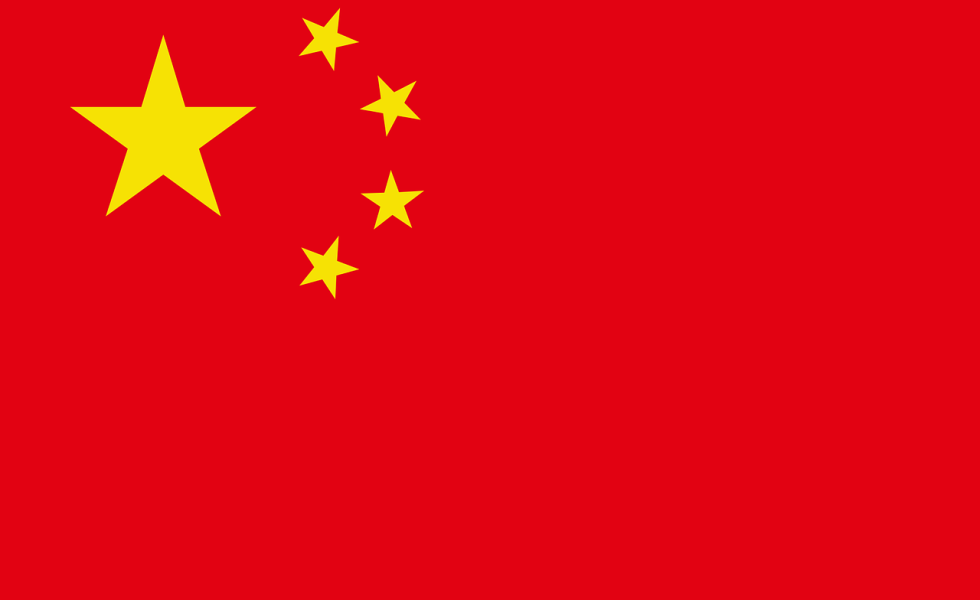The “Chinese Century” Looks Like the “Chinese Decade”
Posted on August 6, 2020

While most county and state fairs are Covid casualties this year, a giant, buzzing Ferris wheel—America’s relationship with China—continues to spin at such a dizzying pace that, sooner or later, it will break to harm riders and bystanders alike.
While that idea may fly in the face of current beliefs, it doesn’t fly in the face of current facts. China, after all, plays a bigger, more encompassing role on the world stage than just a market for U.S.—and increasingly, Brazilian—farmers.
In the last year alone, China has sparked or fueled new or ongoing trouble in Hong Kong, the South China Sea, India, and Taiwan.
These aggressive actions have become so overt that even the “Art of the Deal” Trump Administration has had enough. On July 13, Secretary of State Mike Pompeo “declared formal opposition to a swath of Chinese claims… in an unusually direct challenge to Beijing’s efforts to assert control” in the South China Sea, reported the Wall Street Journal.
Unusual or not, two sharp-eyed China watchers beat Pompeo to the punch. Urban Lehner, the former editor-in-chief at DTN/The Progressive Farmer, spent nine years as a Hong Kong-based newspaper editor and publisher before taking over at DTN.
Now retired, Lehner used his July 10 column to ask a simple—and simply loaded—question: “Can the U.S. and China be both serious rivals and big-time trade partners?”
Part of the answer he offers comes from a “Chinese analyst with affiliations to the government” who told the Wall Street Journal, “‘You can’t keep asking us to buy your stuff and at the same time keep beating up on us. That’s not how it works.’”
Worse, Lehner writes, China’s “heavy-handedness” in Hong Kong “suggests the Chinese Communist Party has given up on acquiring Taiwan through peaceful persuasion.” That means “China’s only way of winning back Taiwan, which it clearly wants to do, is by force.”
Such an aggressive act by China would be an unfathomable disaster for the U.S., the Trump Administration, and China’s biggest, happiest grocers, American farmers and ranchers.
“I hope my pessimism proves unwarranted,” concludes the seasoned editor, and “I don’t know many China experts [that] share it.” But, he adds ominously, “I know some do.”
The next day, July 11, New York Times columnist Ross Douthat not only tackled China’s new taste for regional bullying, he also chastised U.S. presidents past and present for their “active collaboration” with “China’s ruling party” wherein China “reaped the benefits of globalization without paying the cost…”
Douthat is no lily-livered liberal; he’s a bona fide conservative who, like Lehner, sees China’s aggression toward Hong Kong, Taiwan, and South China Sea neighbors as “an attempt to reach greedily for Greater China goals because the odds of success look better now than in the further future.”
In fact, he adds, “China itself is peaking” and its legendary iron-fisted control is slipping.
By the 2040s, Douthat notes, China’s “slowing growth rate may leave it short of the prosperity achieved by its Pacific neighbors” and its fast-aging population won’t be able to grow the economy quickly enough to ever catch up—especially to its hated rival, India.
He then delivers his swift coup de grace: “Instead of a Chinese Century… the coronavirus might be ushering in a Chinese Decade, in which (General Secretary) Xi Jinping’s government behaves with maximal aggression because it sees an opportunity that won’t come again.”
That relatively good news—that China’s global influence may be cut short by its regional thuggery—could be bad news for American farmers and ranchers who would be on the wrong side of that fight.
In fact, maybe that’s why China is buying up every loose bushel of grain it can get its hands on right now: The bin doors might close soon and its leaders know it.
© 2020 ag comm
Share This